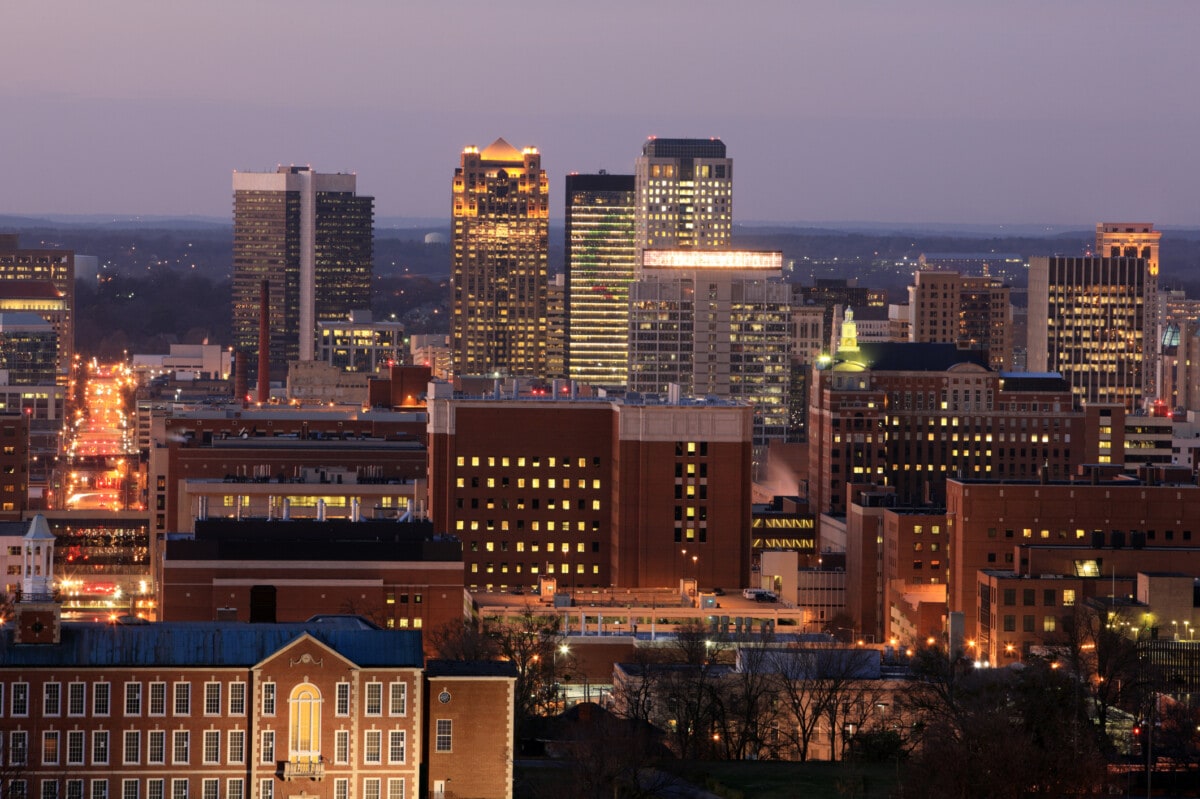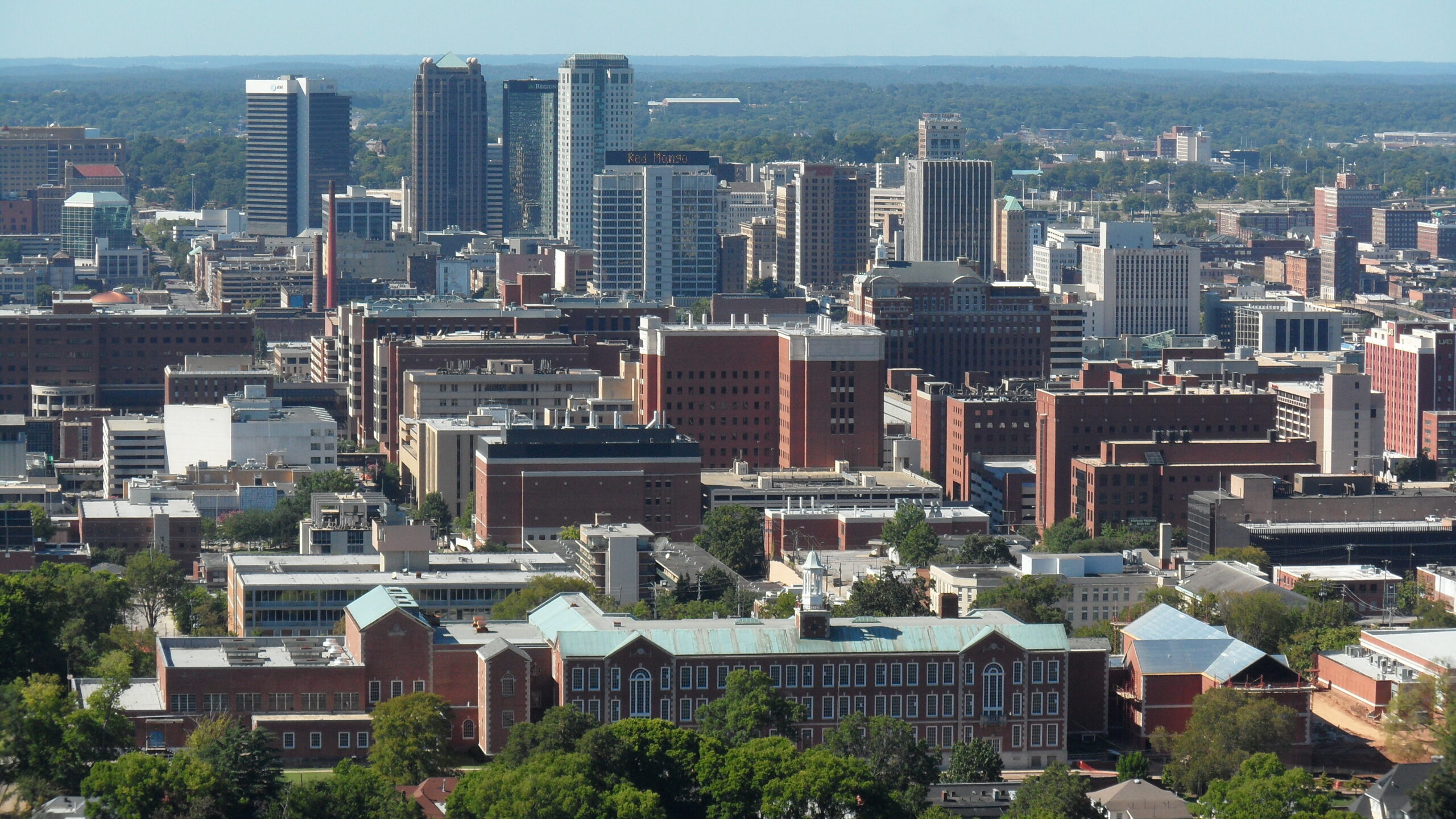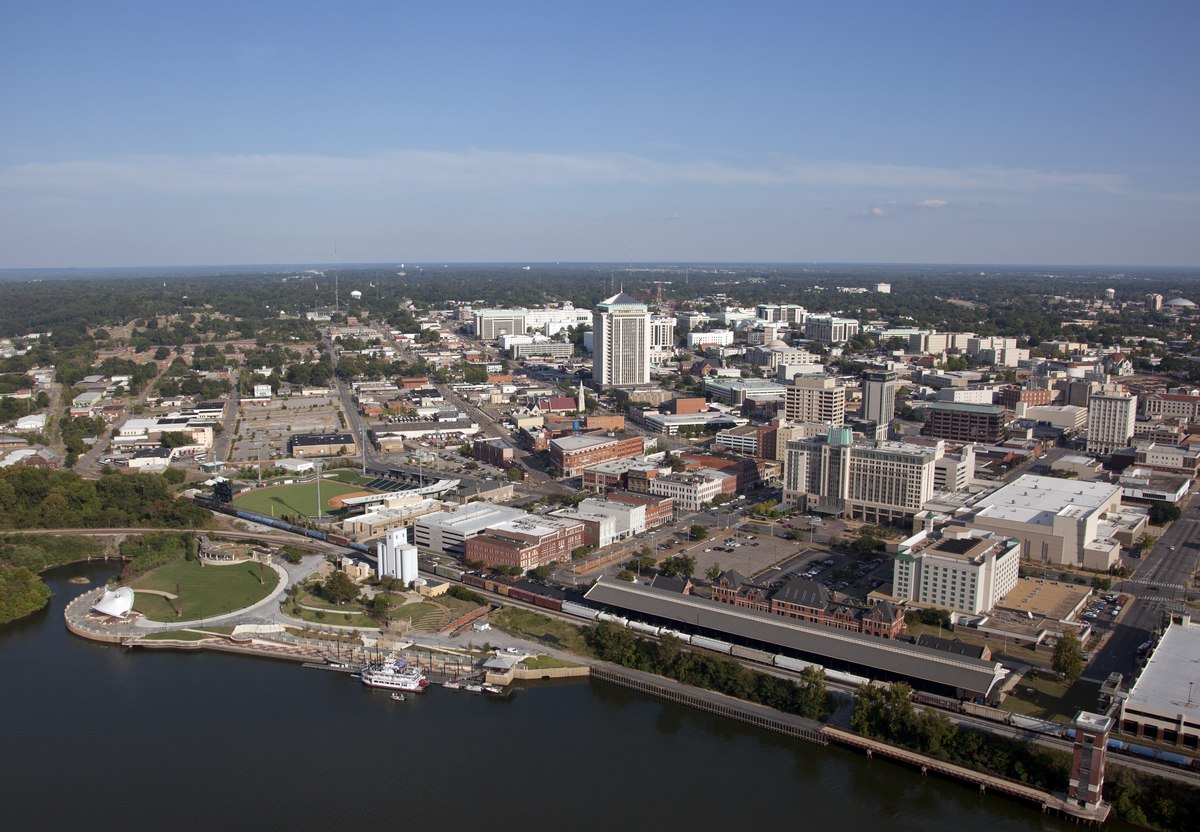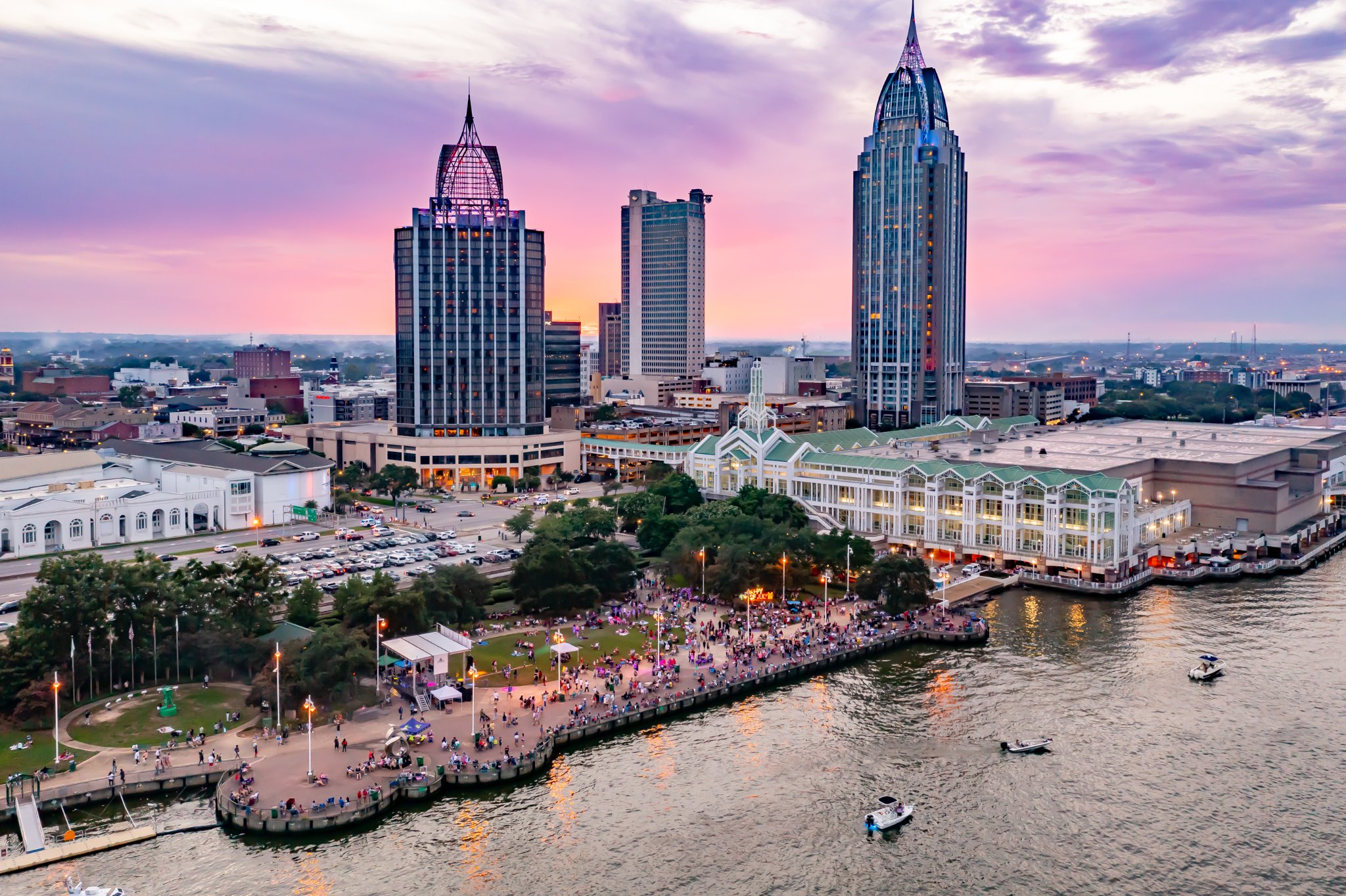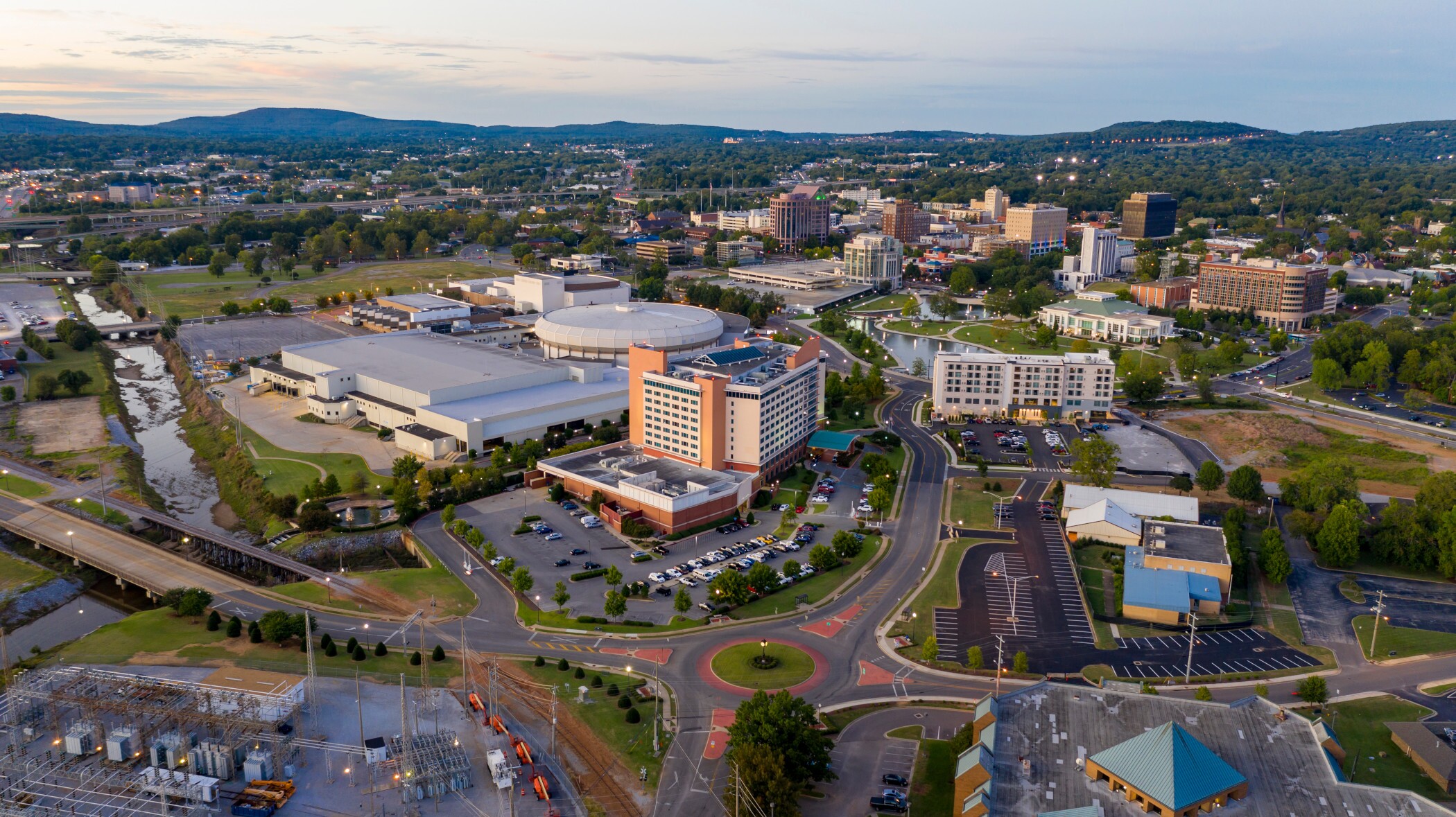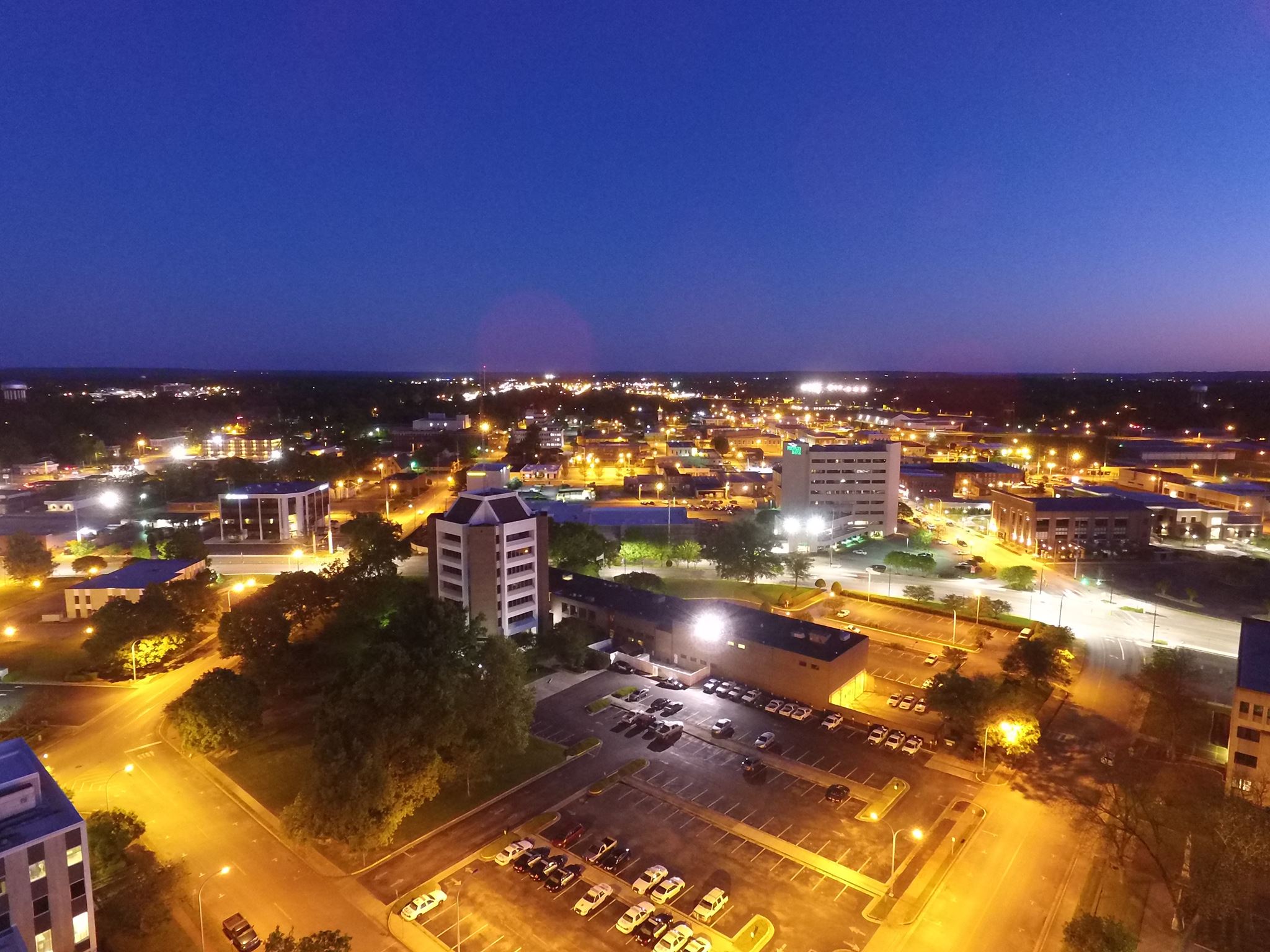Finding Hope and Renewal: Halfway Houses in Virginia
Virginia, a state renowned for its historical significance and natural beauty, is also a beacon of hope for individuals on their journey to recovery. Halfway houses in Virginia play a crucial role in this process, offering a supportive and structured environment for those transitioning from addiction treatment to a sober and independent life. These facilities, scattered across the state, provide a safe haven where residents can rebuild their lives, regain their footing, and prepare for a brighter future.
Whether nestled in the bustling cityscapes or the serene countryside, halfway houses in Virginia cater to diverse needs, reflecting the unique characteristics of each locality. In this guide, we explore the offerings in Richmond, Chester, Charlottesville, Fredericksburg, and Newport News. Each of these cities has its own story, a distinct backdrop, and a particular drinking culture that influences the recovery landscape.
Embracing Recovery in Richmond: Halfway Houses in Richmond
Richmond, the capital city of Virginia, is a vibrant metropolis with a rich history and a dynamic cultural scene. Known for its pivotal role in the Civil War and its stunning historic architecture, Richmond is also a city that has faced its share of challenges related to alcohol use. The city’s bustling nightlife, with its array of bars and breweries, contributes to a prevalent drinking culture that can be difficult to navigate for those in recovery.
Statistics show that Richmond has a higher-than-average rate of alcohol-related hospitalizations compared to the state average. This underscores the critical need for halfway houses in Richmond. These facilities provide a sanctuary where individuals can distance themselves from triggers and temptations while benefiting from a structured environment and supportive community. Residents can take advantage of Richmond’s numerous parks, art galleries, and cultural events as they integrate back into society.
Navigating New Beginnings in Chester: Halfway Houses in Chester
Chester, a suburban area just south of Richmond, offers a more tranquil setting for those seeking recovery. This small but growing community is characterized by its friendly atmosphere and close-knit neighborhoods. While Chester may not have the same level of nightlife as Richmond, it still faces issues related to alcohol use, particularly among its younger residents.
Halfway houses in Chester are vital for individuals aiming to transition smoothly back into everyday life. The supportive environment in these homes allows residents to develop life skills, find employment, and build a sober network. The community’s numerous parks and recreational facilities provide a peaceful backdrop for personal reflection and growth, making Chester an ideal place for recovery.
Healing in Historic Charlottesville: Halfway Houses in Charlottesville
Charlottesville, home to the University of Virginia and steeped in history, is known for its charming downtown area and picturesque surroundings. This city, while celebrated for its academic excellence and vibrant cultural life, also grapples with a significant drinking culture, partly influenced by its large student population. The presence of numerous wineries and breweries adds to the city’s allure but also presents challenges for those in recovery.
Statistics indicate that Charlottesville has a substantial number of alcohol-related incidents, particularly among college students. Halfway houses in Charlottesville provide a structured environment where individuals can focus on their recovery without the constant presence of alcohol-related temptations. These facilities offer programs that help residents develop coping strategies, find employment, and engage in community activities, making the transition back into society smoother and more sustainable.
Rebuilding Lives in Fredericksburg: Halfway Houses in Fredericksburg
Fredericksburg, a city known for its colonial history and scenic beauty, is another vital location for halfway houses in Virginia. The city’s charming downtown, with its historic buildings and quaint shops, contrasts with the modern-day challenges of alcohol use and abuse among its residents. Fredericksburg has a vibrant social scene, with numerous restaurants and bars that contribute to the local drinking culture.
Recent statistics show that Fredericksburg has seen a rise in alcohol-related offenses, highlighting the need for supportive recovery services. Halfway houses in Fredericksburg offer a safe space where individuals can rebuild their lives, learn essential life skills, and become active members of the community. The city’s numerous historical sites and natural parks provide therapeutic environments for reflection and personal growth.
New Beginnings in Newport News: Halfway Houses in Newport News
Newport News, a coastal city with a strong maritime heritage, is a significant hub for both industry and culture. The city’s extensive waterfront, museums, and parks make it a vibrant place to live, but like many urban areas, it also faces issues with alcohol use. The drinking culture in Newport News is influenced by its bustling nightlife and the presence of numerous bars and entertainment venues.
Statistics indicate that Newport News has a higher-than-average rate of alcohol-related arrests and hospitalizations, underscoring the importance of recovery resources. Halfway houses in Newport News provide essential support for those looking to transition back into society. These facilities offer a structured environment where residents can focus on their recovery, gain employment, and build a supportive network. The city’s coastal charm and numerous recreational opportunities make it a conducive environment for healing and growth.
A Path to Recovery with Halfway Houses in Virginia
Halfway houses in Virginia are more than just a place to stay—they are a vital part of the recovery journey. Each city, with its unique challenges and opportunities, contributes to a supportive network that helps individuals rebuild their lives and regain their independence. Whether in the historic streets of Richmond, the serene neighborhoods of Chester, the academic hub of Charlottesville, the colonial charm of Fredericksburg, or the coastal beauty of Newport News, these halfway houses provide the foundation for a successful transition to a sober life.
As we explore the importance of halfway houses in Virginia, it becomes clear that these facilities are essential in combating the challenges posed by local drinking cultures. They offer a sanctuary where individuals can find the support, structure, and resources they need to thrive. By embracing the journey of recovery in these supportive environments, residents can look forward to a brighter, healthier future.
Primary Service: substance use disorders
Address : 3503 19th Street S, Arlington, 22204
Primary Service: treatment program for chemical dependency
Address : 4504 Wakefield Chapel Road, Annandale, 22003
Primary Service: treatment program for chemical dependency
Address : 6815 Crossman Street, Annandale, 22003
Primary Service: drug and alcohol dependency
Address : 8741 Shadow Lawn Court, Annandale, 22003
Primary Service: Substance Abuse Treatment Services
Address : 7916 Holland Road, Alexandria, 22306
Primary Service: Mental Health Services
Address : 6431 Columbia Pike, Annandale, 22003
Primary Service: Substance Abuse Treatment Services
Address : 2720 N. Rosser Street, Alexandria, 22311
Primary Service: Substance Abuse Treatment Services
Address : 3510 Pence Court, Annandale, 22003
Primary Service: Mental Health Services
Address : 6216 Quander Road, Alexandria, 22307
Primary Service: Mental Health Services
Address : 5105Q Backlick Road, Annandale , 22003
